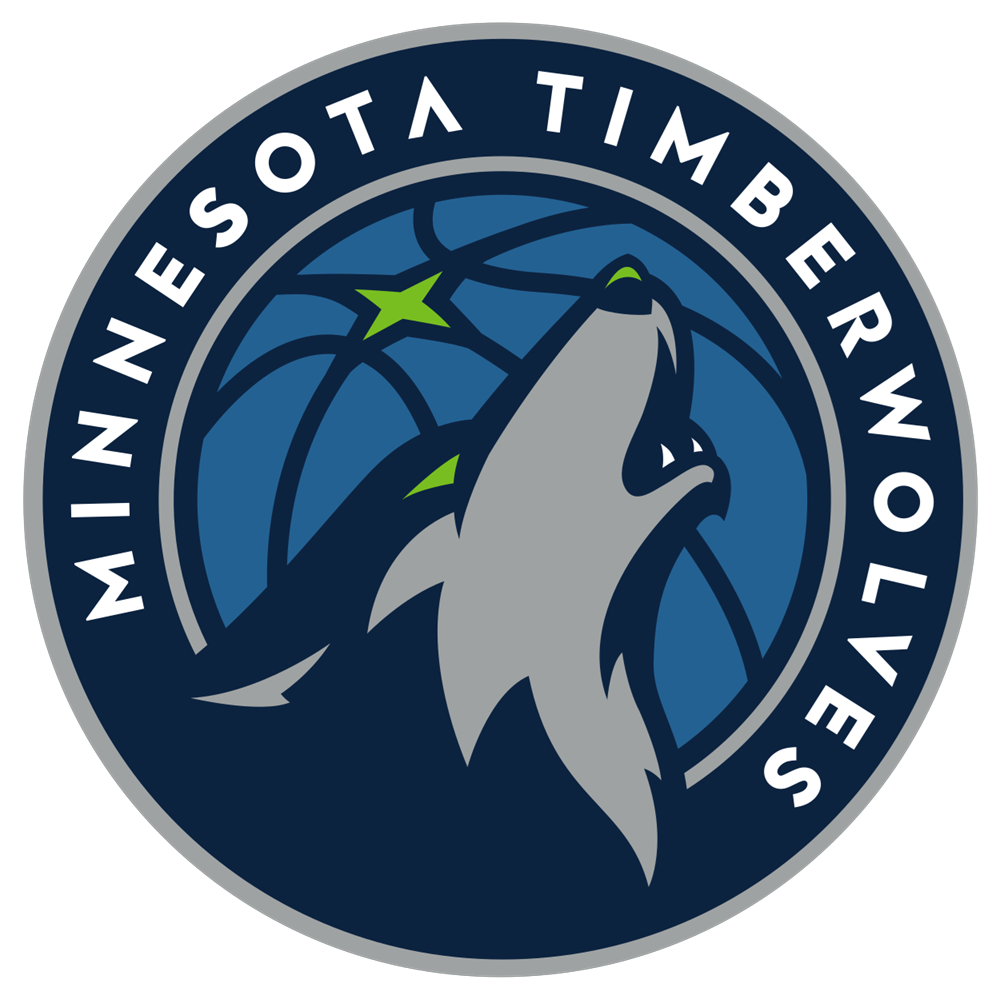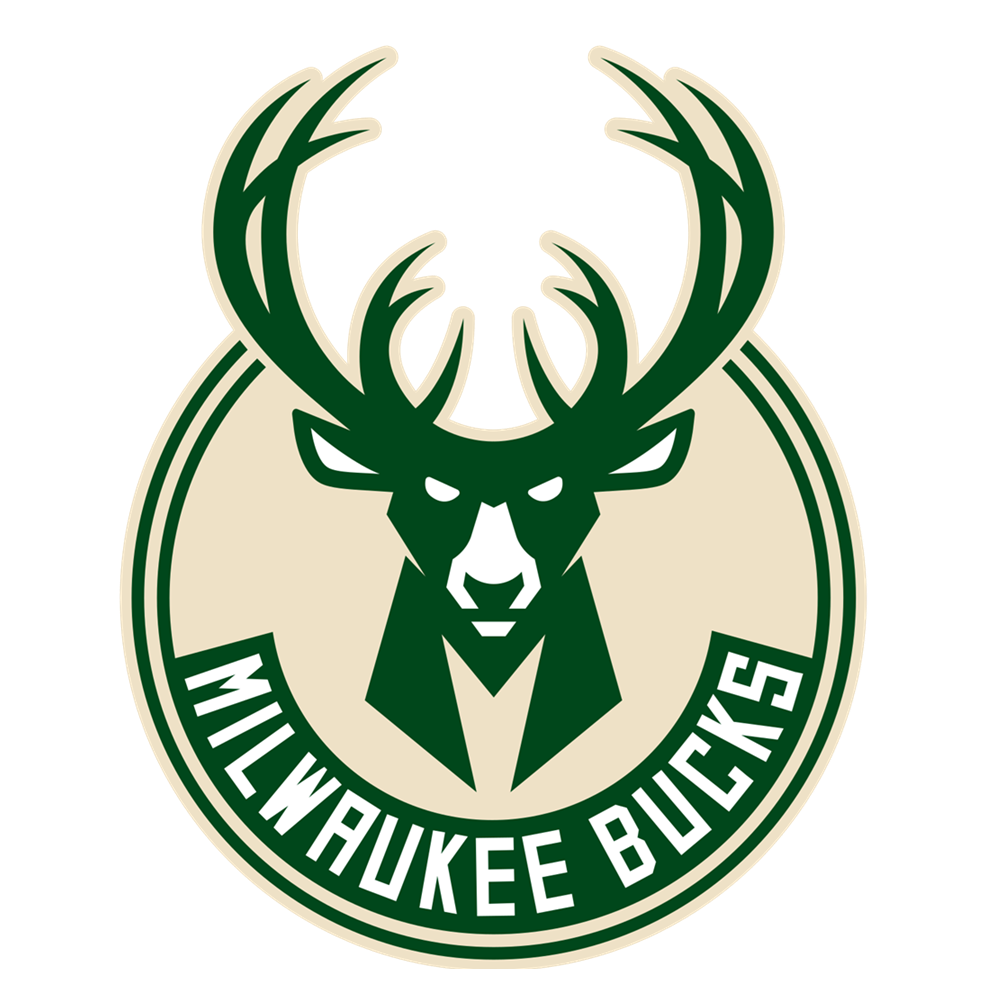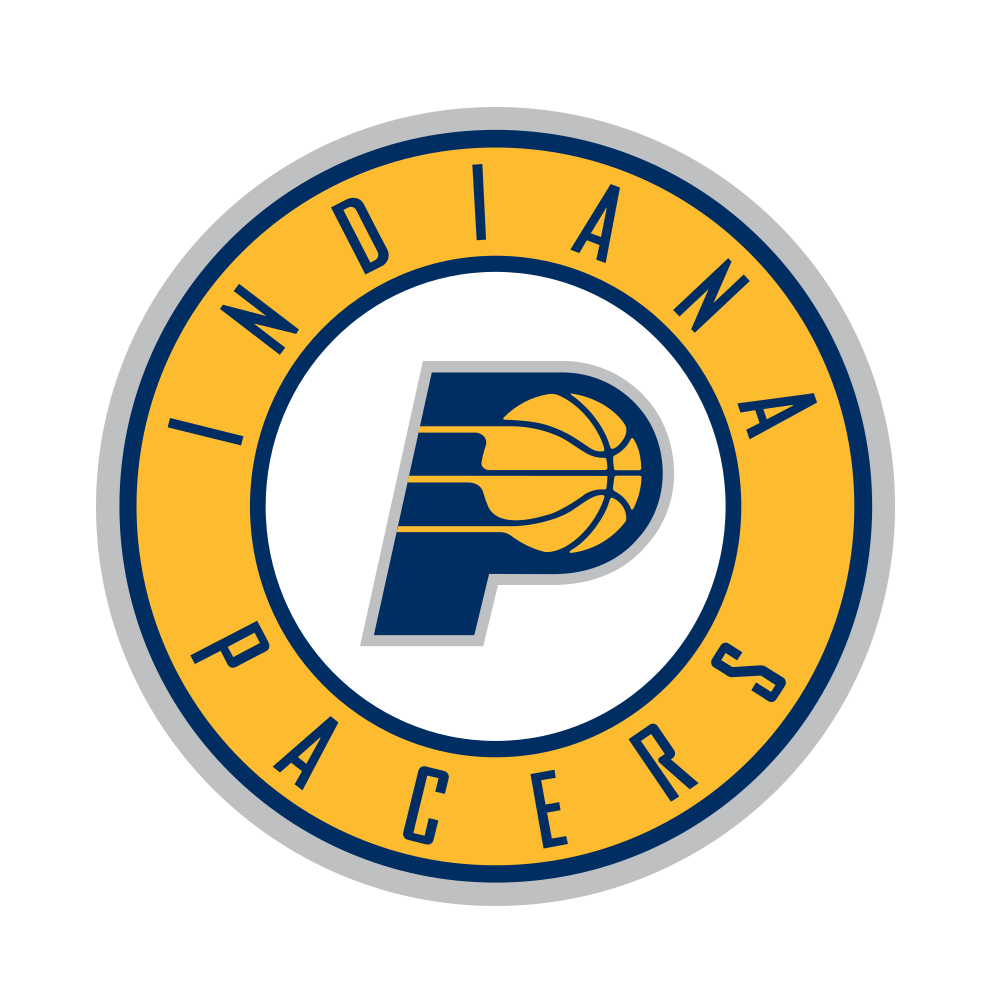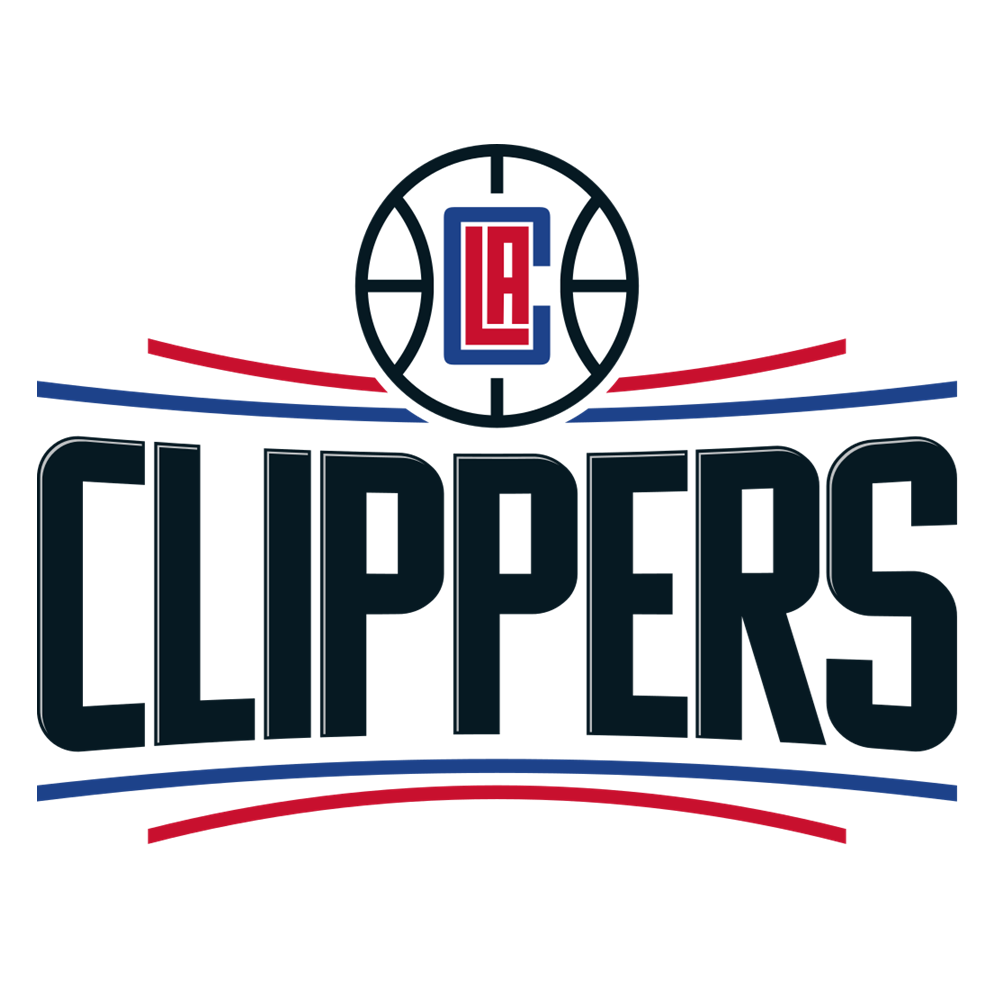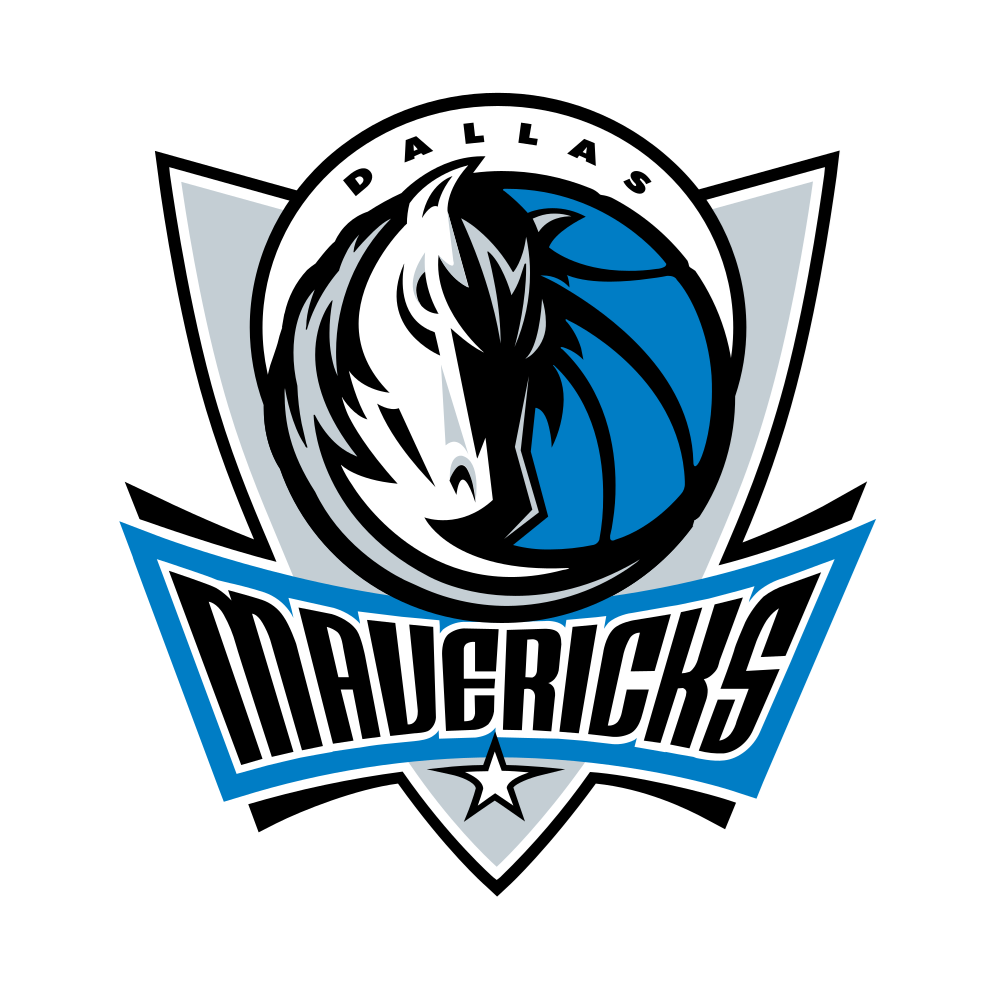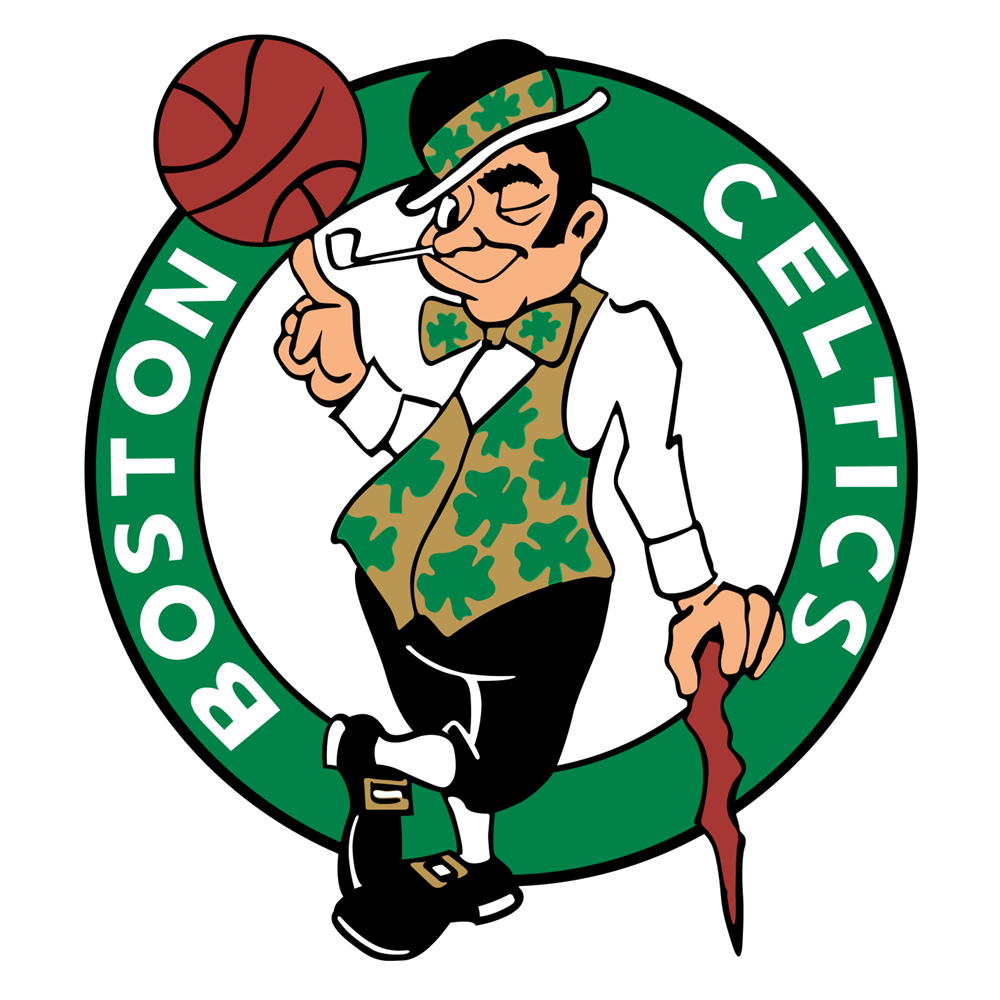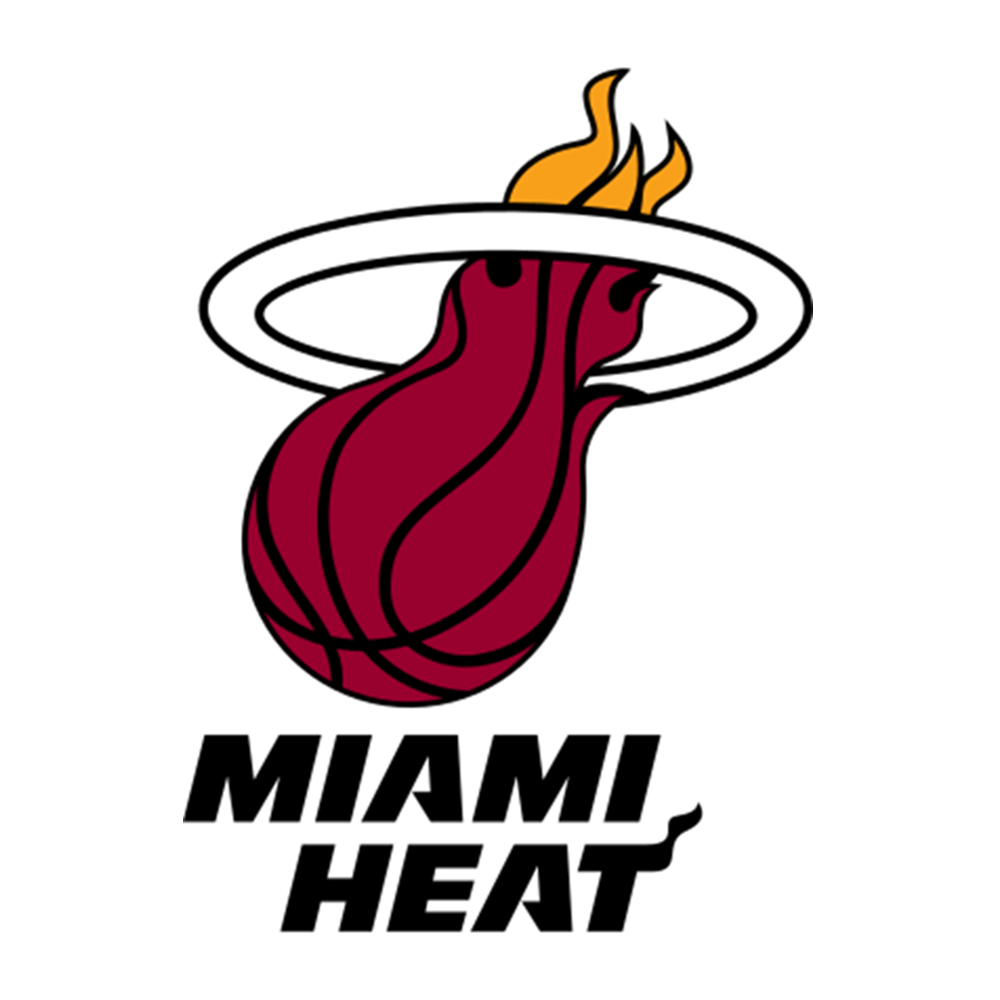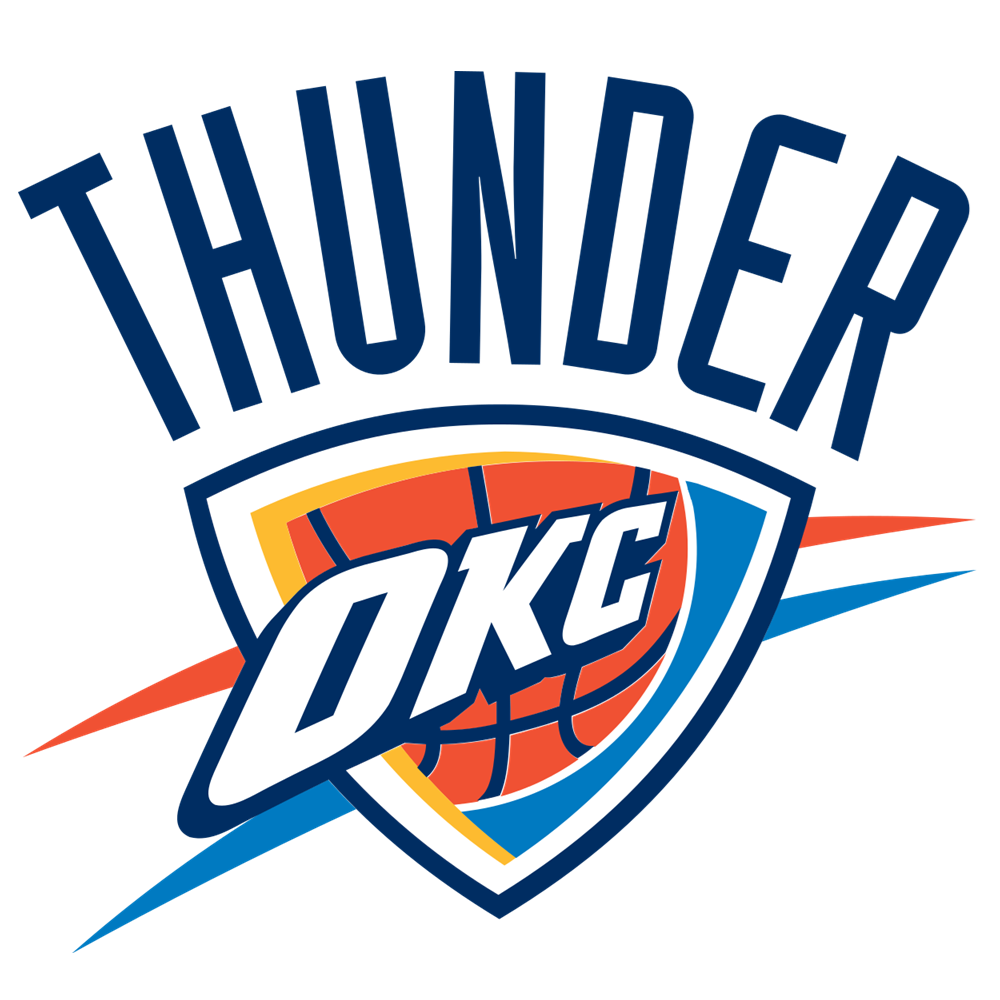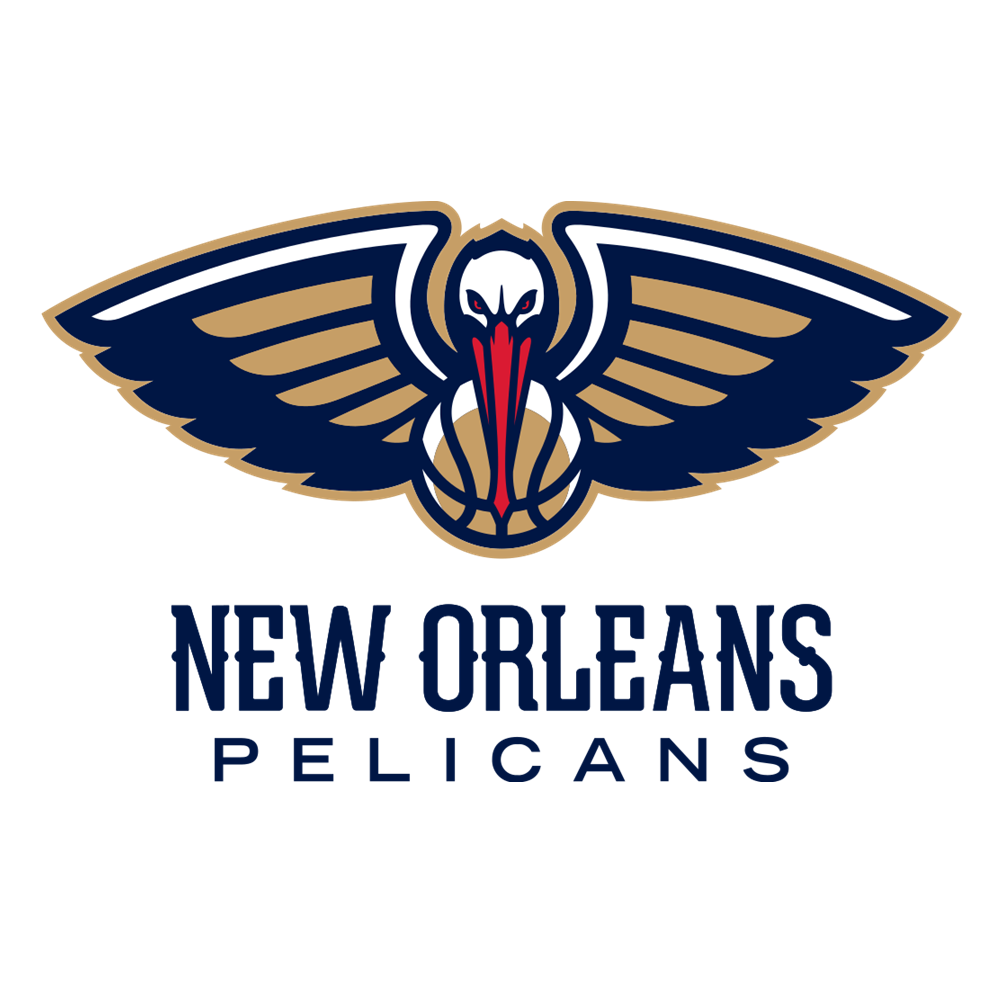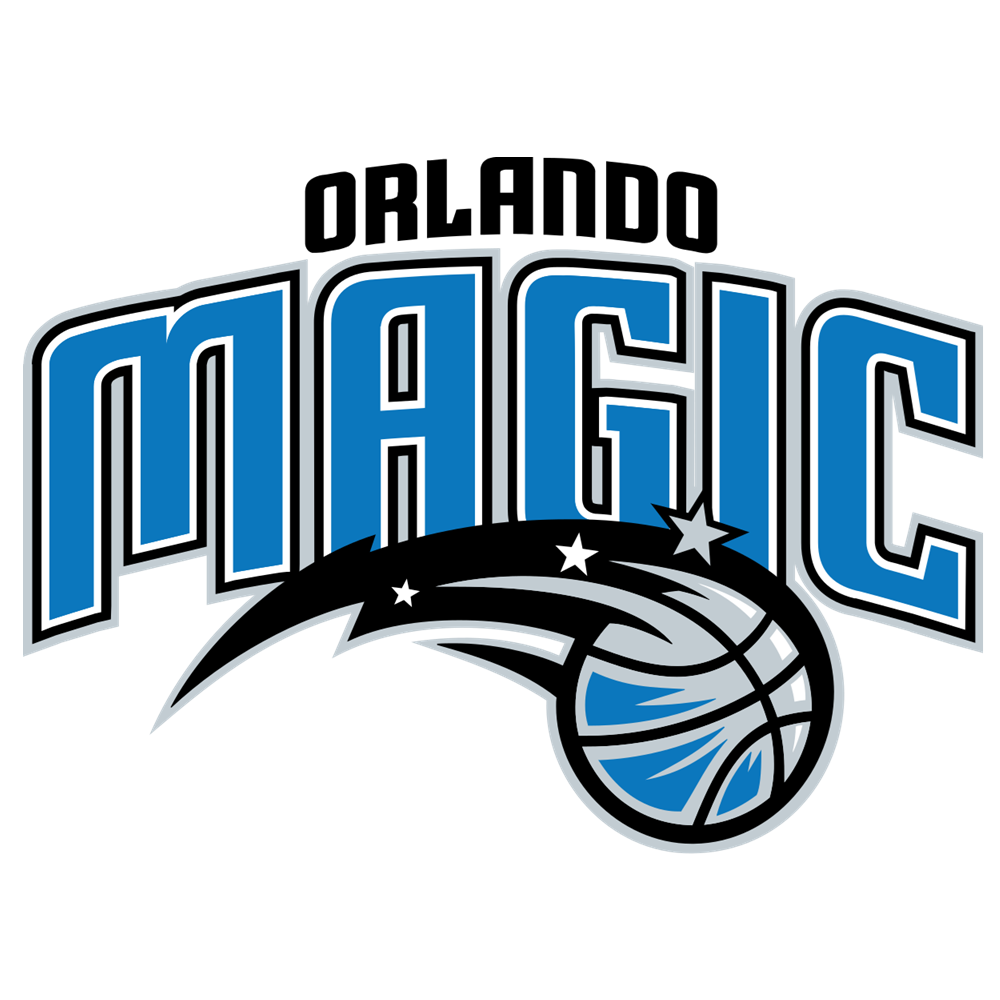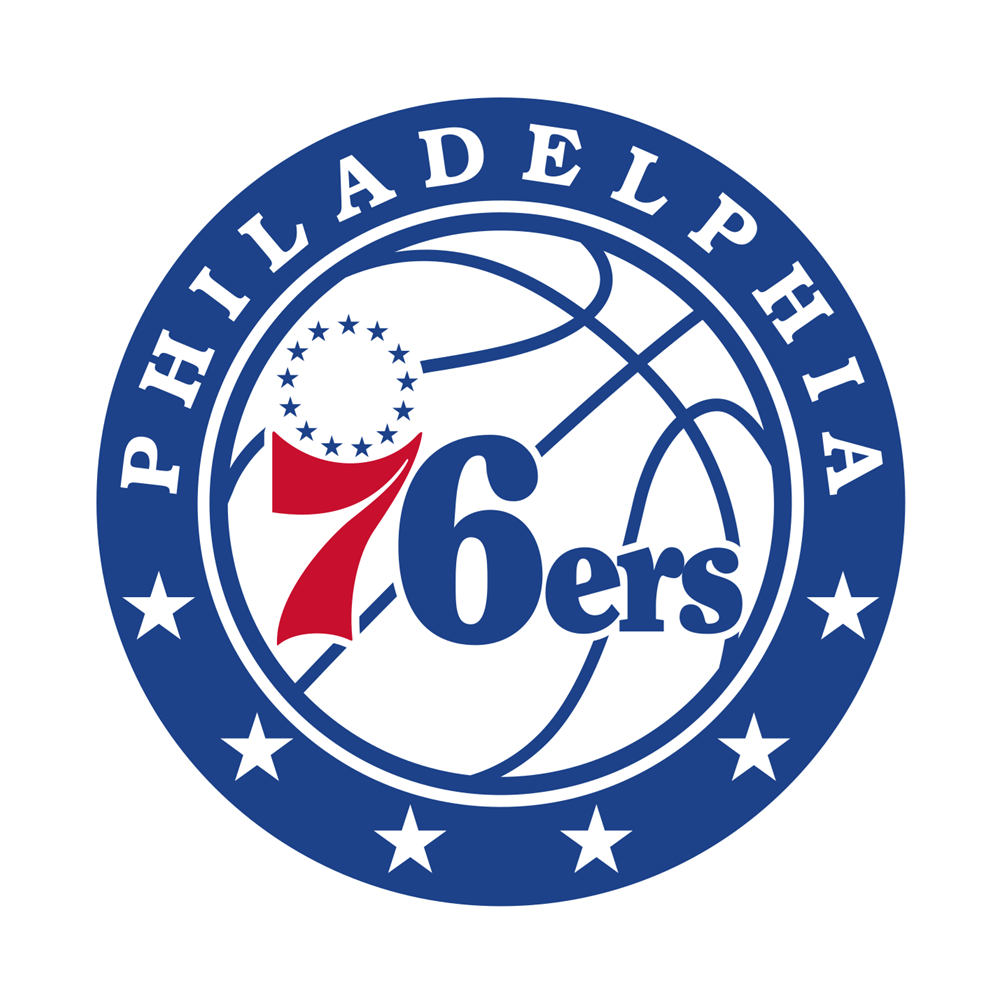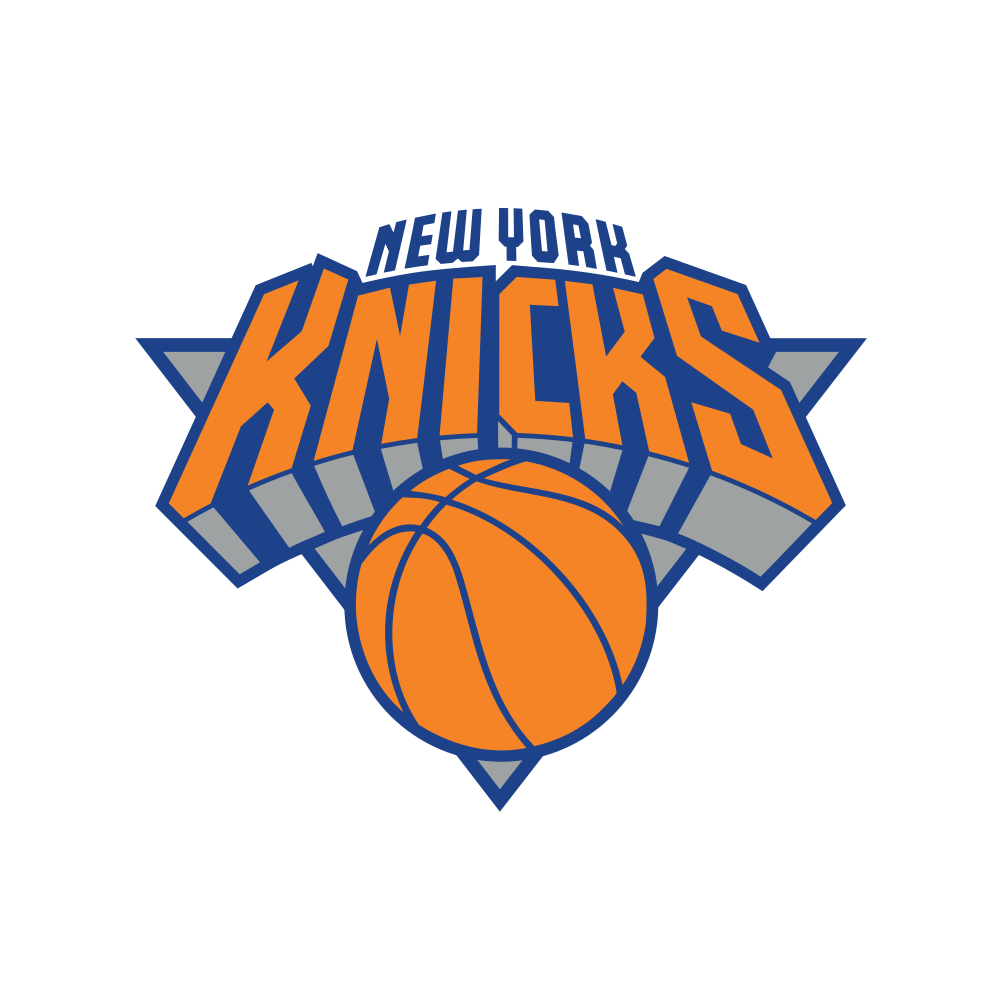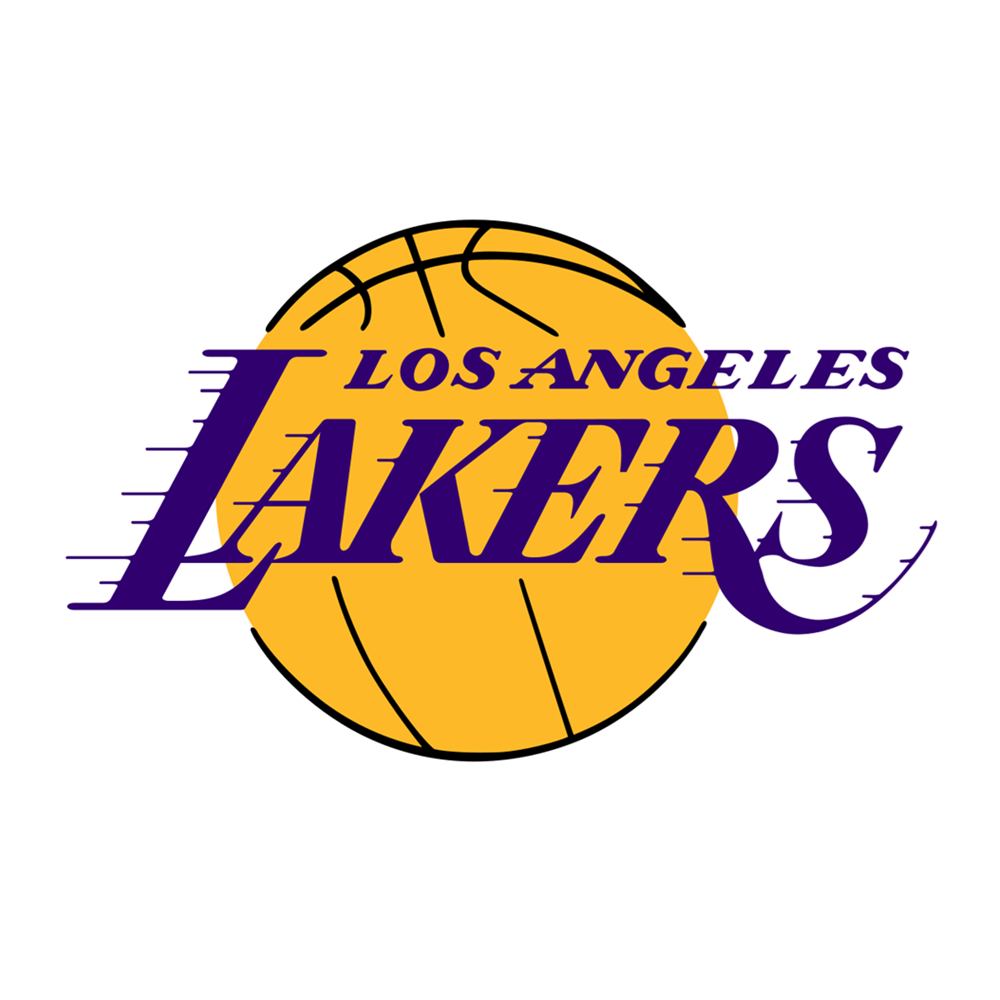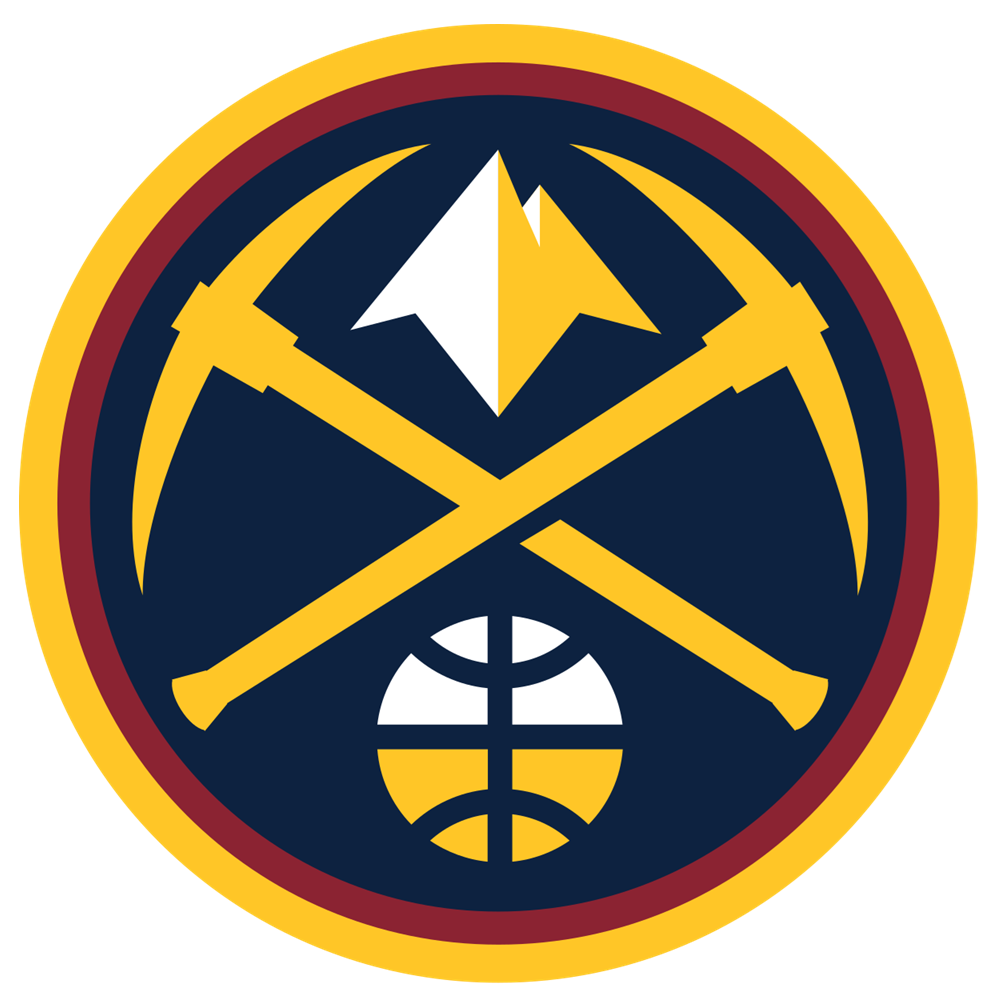Just over a week, ago, newly minted general manager of the Washington Wizards Tommy Sheppard followed through on his previous statements by offering All-Star guard Bradley Beal the full max extension, according to David Aldridge of The Athletic.
The contract is valued at $111 million over three seasons; the deal was tabled to Beal immediately upon him gaining extension eligibility.
But despite Sheppard's best efforts to maximize the Wizards window of opportunity to re-up Beal, it would be wise to bank on negotiations spanning well past the October 21st extension deadline.
For both Beal and his agent Mark Bartelstein, there is significant value in holding off until next summer before making a potential career-defining decision.
Only by playing out the penultimate season on his current deal, the ceiling on Beal's extension will be raised to $155 million over four years. What's more, in a year a Beal could have his sights set on a five-year $254 million max extension in the event he is named to one of the three All-NBA teams.
After averaging 25.6 points, 5.5 assists, and 5.0 rebounds per game, Beal narrowly missed out on such top honours a season ago. Now with running mate John Wall presumably sidelined for the entire season, Beal stands a strong chance of repeating as the league leader in minutes per game, pushing up his already hefty 27.7 usage rate, and potentially securing a king's ransom come next summer.
Shouldering such a heavy workload on both ends of the floor is no easy feat. But if the University of Florida product can at minimum keep the Wizards near the playoff bubble, and remain reasonably efficient from the floor while doing so, he'll be in line to be amongst the highest-paid guards league-wide.
- Is female empowerment through celebrities going too far?
- African women's game on the rise with Helen Buteme in Uganda
- Great Britain Women's team set to go for gold at the European Championship
If not, he still stands to resign for substantially more than the three-year offer before him today.
In addition to the financial incentives that come from exercising some degree of patience, the eighth year guard can also benefit from a full season's worth of time to evaluate the aptitude of the new front-office regime.
At 26 years of age and with two seasons remaining on his current contract, this ensuing deal will take Beal through the final years of his prime. Under the assumption that Beal views winning as a primary concern, he must avoid locking himself into a situation that would essentially waste his talents while they are at peak levels.
Given how last season unfolded in Washington, it's fair to remain highly sceptical of the organization's ability to construct a title contender in the near term. After qualifying for the playoffs four times in five years, the Wizards unravelled last season. Following the loss of star point guard John Wall to injury, the team flip-flopped from trade deadline buyer to seller en route to a dismal 32-50 record, good for 11th in the East.
Now, with intriguing youngsters Otto Porter Jr. and Kelly Oubre no longer in the mix, the Wizards front office must make considerable strides this season to prove they remain both intent and capable of fulfilling Beal's desire to play meaningful basketball come May and June.
Resigning Thomas Bryant this off-season was a strong start, but such a small victory will ultimately pale in comparison to how they choose to handle the John Wall conundrum.
The ruptured Achilles Wall suffered last February - worsening an initial injury and likely sidelining him for all of this season - coupled with the four years $171 million maximum contract he is entering into mean that Washington is strapped with one of the most challenging assets to move across the entire association.
Whether it's through improvements on the fringes or one earth-shattering Wall trade, Sheppard will have to get creative if he's to successfully court Beal back to the Wizards on a long-term contract.
Friday was a step in the right direction, but it's important to remember that it's only just that: a step. Now comes a year of work that will ultimately determine whether the Wizards' and Beal's futures will coincide or clash.
